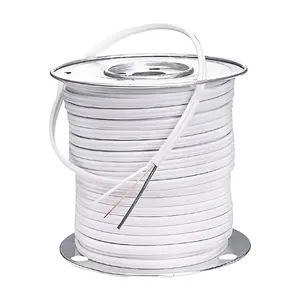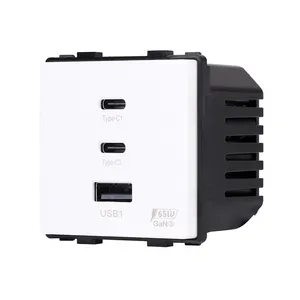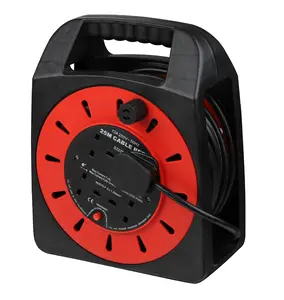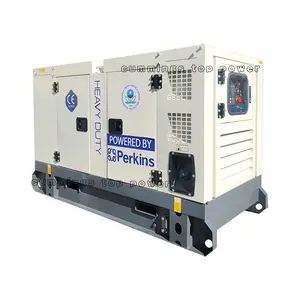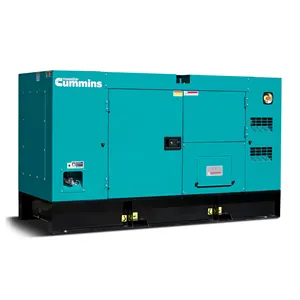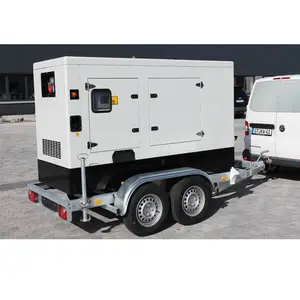Popular in your industry















































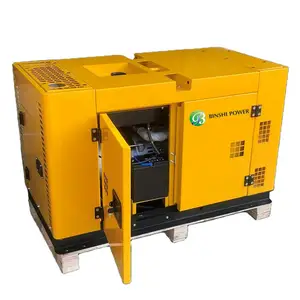

















Related Searches:




































































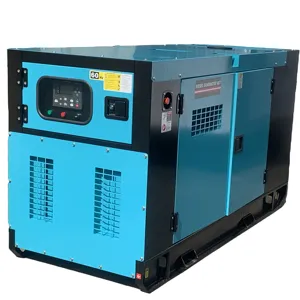


























































































Top categories
About 4 kva diesel generator
Introduction to 4 KVA Diesel Generators
The 4 KVA diesel generator stands as a robust power solution for various applications. Its compact size belies its substantial energy output, making it a preferred choice for those requiring a reliable power source that balances performance with efficiency.
Understanding the Mechanics
A 4 KVA diesel generator is engineered for durability and longevity. The absence of spark plugs and carburetors in its motor structure not only simplifies the engine design but also enhances its efficiency. This streamlined construction translates into less frequent maintenance, with only routine checks and fuel refills needed to maintain optimal performance.
Efficiency and Fuel Consumption
Fuel efficiency is a hallmark of the 4 KVA silent generator. Its design is tailored to consume less fuel, which is a crucial consideration for operational cost savings. The energy-dense nature of diesel contributes to the generator's ability to run for extended periods, making it an economical choice for sustained use.
Design Features and Applications
The versatility of a 4 kva generator kirloskar style is evident in its wide-ranging applications. From home backup systems to industrial settings, the generator's power output is suitable for various needs. Additionally, models like the 4.5 KVA diesel generator offer slightly more power, catering to those who need that extra boost.
Portability and Noise Considerations
Portability is another significant aspect of the 4 kva diesel generator. Its design often focuses on ease of movement, allowing for relocation as needed. For environments where noise is a concern, the 4 kva silent generator provides a quieter operation, minimizing disturbances in residential areas or noise-sensitive locations.
Choosing the Right Generator
Selecting the right generator involves considering factors such as power requirements, phase connection—whether single or three-phase—and size for ease of portability. Noise levels are also a critical factor, particularly for generators used in proximity to living or workspaces. By assessing these elements, buyers can find a generator that aligns with their specific needs without compromising on efficiency or convenience.
